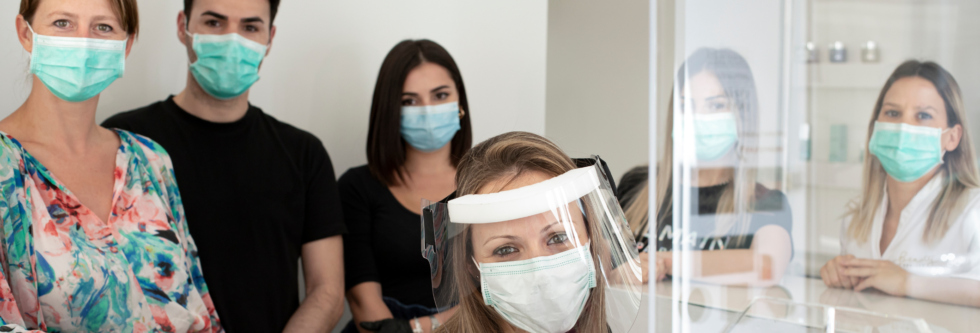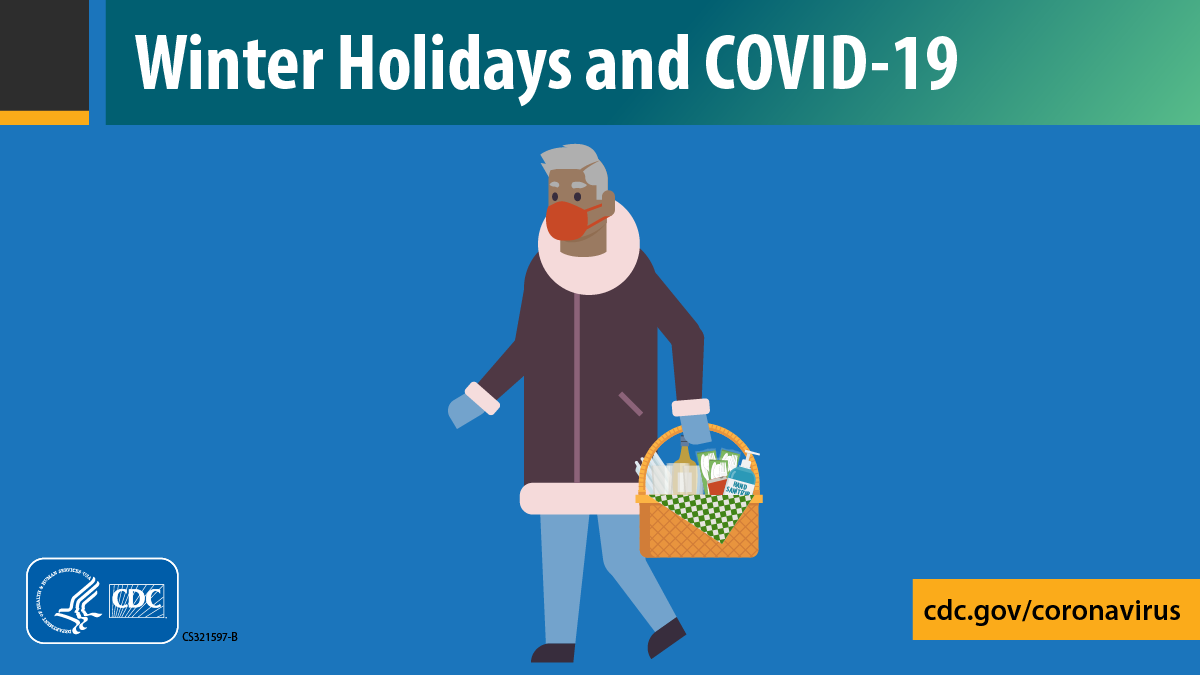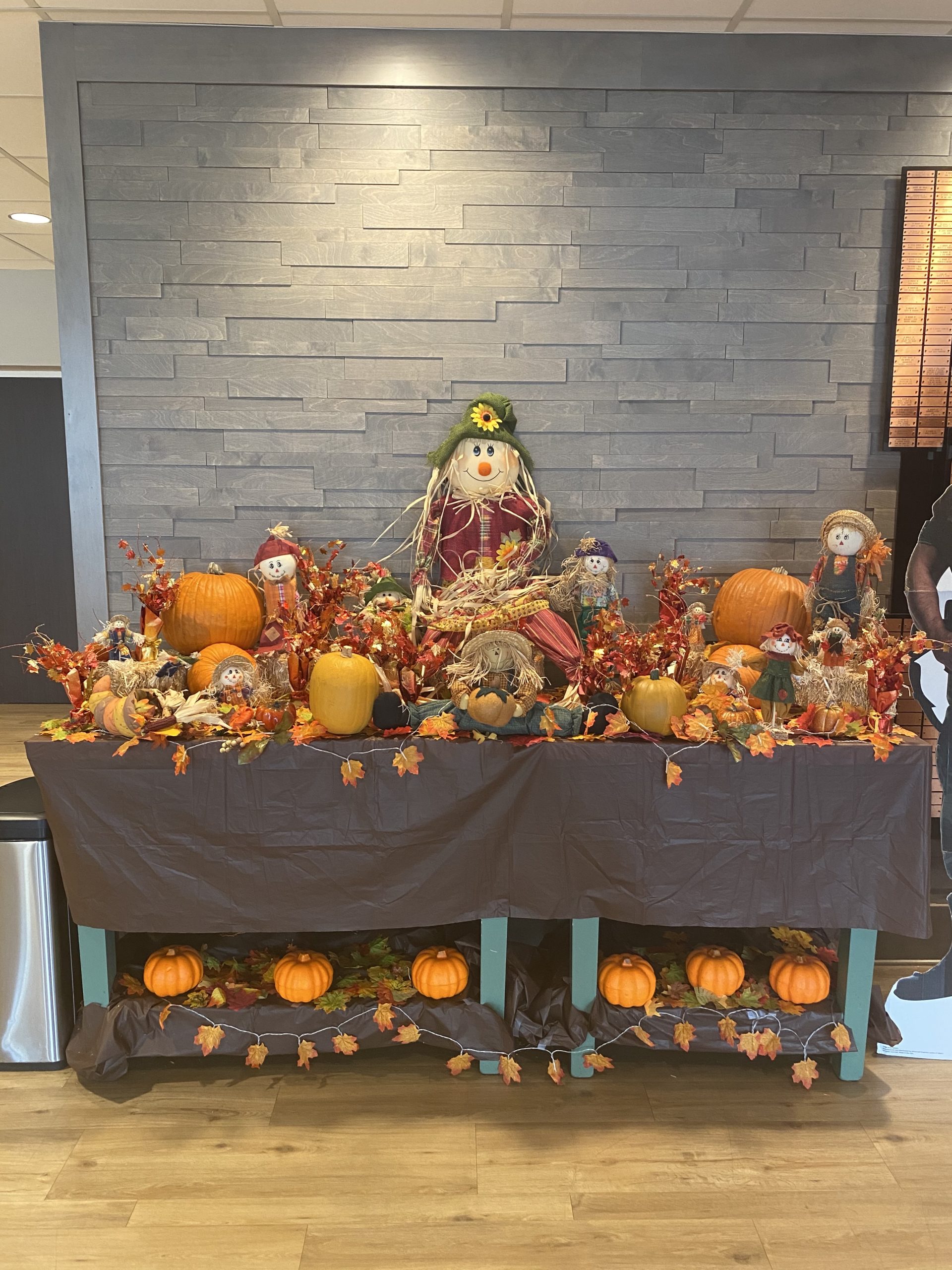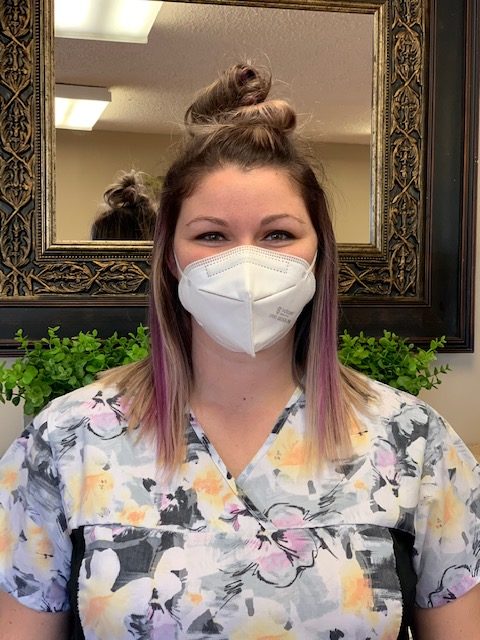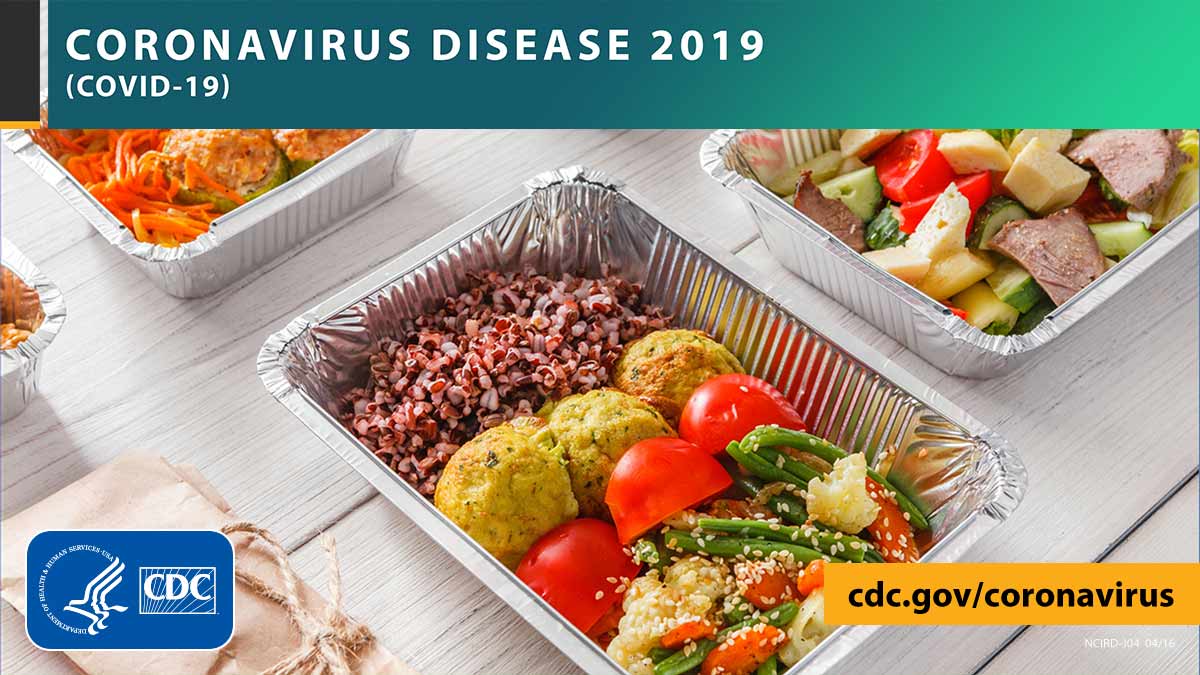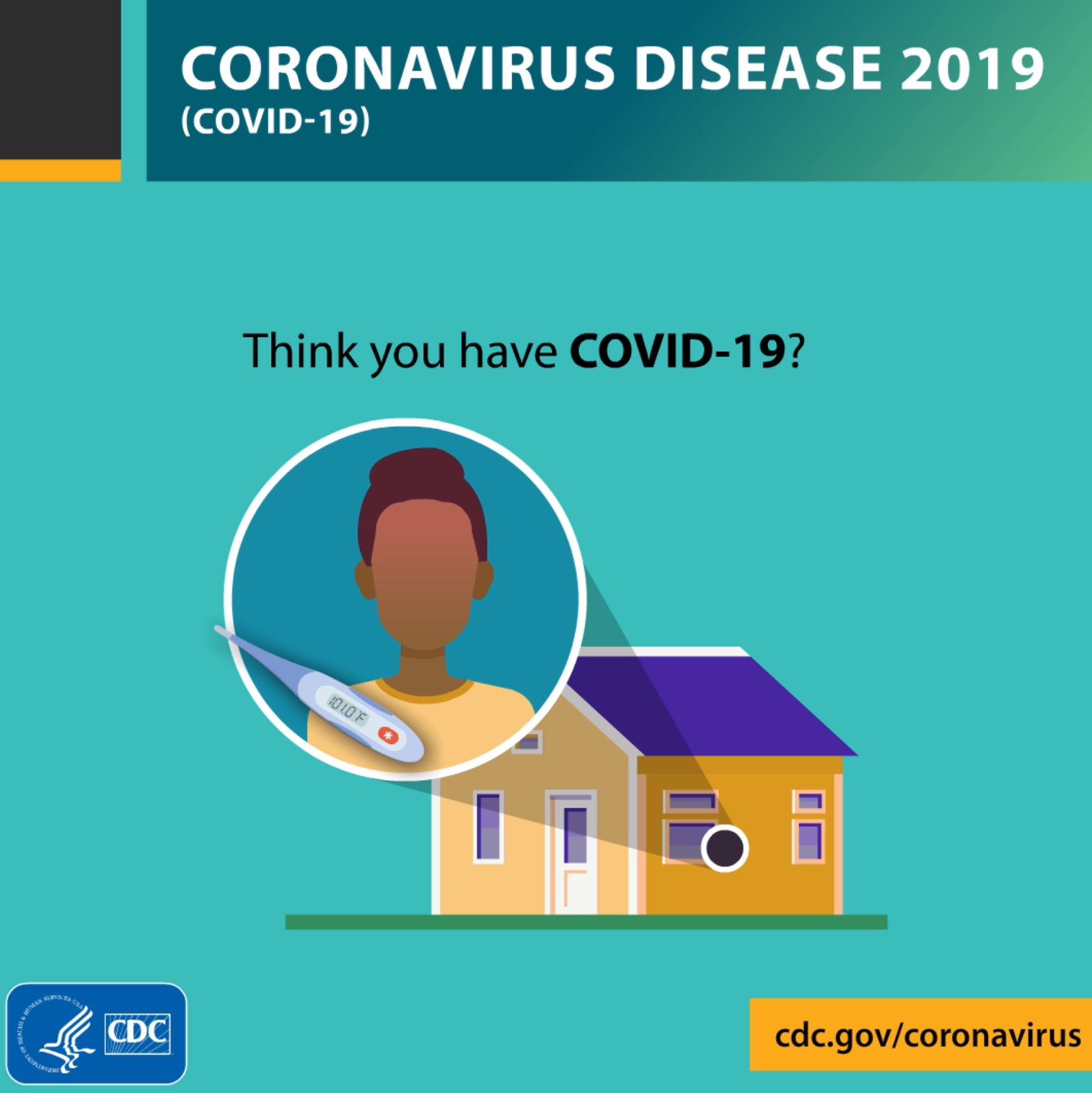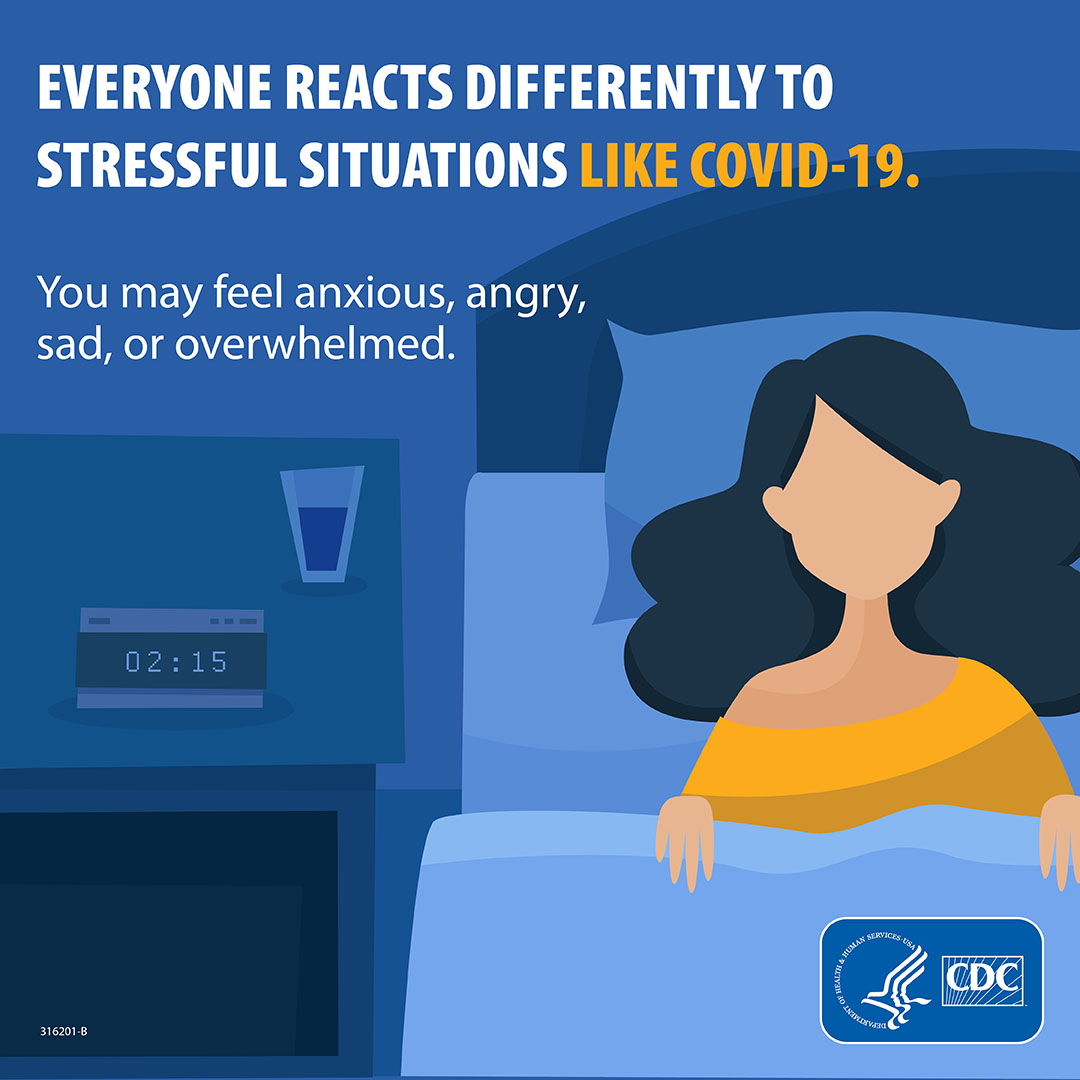Quarantine is used to keep someone who might have been exposed to COVID-19 away from others. Quarantine helps prevent spread of disease that can occur before a person knows they are sick or if they are infected with the virus without feeling symptoms.
People in quarantine should stay home, separate themselves from others, monitor their health, and follow directions from their state or local health department.
When to Quarantine?
People who have been in close contact with someone who has COVID-19—excluding people who have had COVID-19 within the past 3 months.
People who have tested positive for COVID-19 do not need to quarantine or get tested again for up to 3 months as long as they do not develop symptoms again.
People who develop symptoms again within 3 months of their first bout of COVID-19 may need to be tested again if there is no other cause identified for their symptoms.
What counts as close contact?
• You were within 6 feet of someone who has COVID-19 for a total of 15 minutes or more
• You provided care at home to someone who is sick with COVID-19
• You had direct physical contact with the person (hugged or kissed them)
• You shared eating or drinking utensils
• They sneezed, coughed, or somehow got respiratory droplets on you
For more information, visit https://www.cdc.gov/coronavirus

